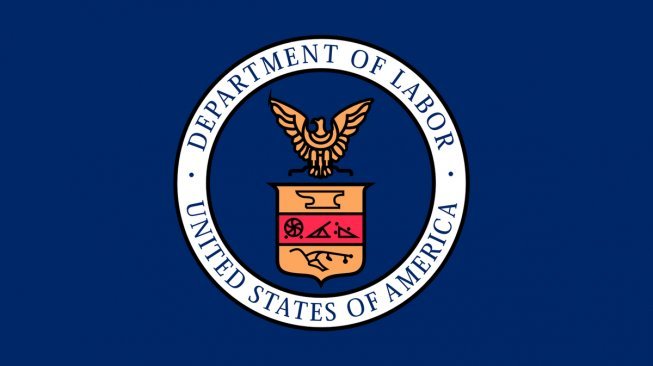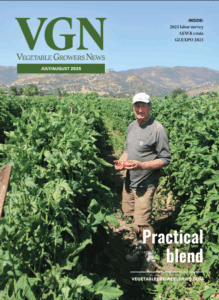Nov 4, 2020US Department of Labor: AEWR rules freeze wages for 2 years
The U.S. Department of Labor (DOL) announced Nov. 2 a final rule updating the methodology for determining the annual Adverse Effect Wage Rates (AEWR) in the H-2A agricultural visa program.
The new rule aims to improve the consistency of the AEWR and establish better stability and predictability for employers in complying with their wage obligations.
Among the key provisions of the final rule:
- The current 2020 AEWRs will be frozen through the calendar year 2022.
- Beginning in 2023, the DOL will adjust the AEWR based on the Bureau of Labor Statistics’ Employment Cost Index. The ECI historically rises 2.5-3.0% annually.
- The U.S. Department of Agriculture (USDA) will no longer conduct the Farm Labor Survey, which was the previous basis for the AEWR.
These changes, which are similar to what was negotiated in the House-passed bipartisan Farm Workforce Modernization Act of 2019, address stakeholder concerns about the potential for significant and unpredictable wage fluctuations from year to year. More predictable wage adjustments in the H-2A program will help American farmers plan and budget for their workforce needs.
In a related action, the United Farm Workers recently sued and persuaded the U.S. District Court for the Eastern District of California to issue a temporary restraining order and preliminary injunction against the USDA’s decision in September to suspend the annual Farm Labor Survey, which has been used by DOL to set the AEWR.
It would not be surprising if labor advocates file suit to block DOL’s final rule on the AEWR; though how effective such litigation would be is unknown. And because this is an administrative rule, future administrations can work to undo this regulatory achievement, as can Congress with legislation. Plus, the rule does not address all the needed changes to the H-2A program.
“We applaud the administration for taking this preliminary step toward AEWR rationality,” said Western Growers President and CEO Dave Puglia. “However, rules are subject to the whims of the administration in office, and cannot address every need of the farm workforce, which is why we will continue to work toward a more permanent and complete legislative solution that creates a more workable H-2A program and provides a pathway to legalization for existing agricultural workers.”
We anticipate the final rule will be officially published in the Federal Register sometime this week, and will take effect 45 days after publication.
Click here to read the full DOL news release.
Click here to review the text of the final rule.
About the AEWR
The DOL’s H-2A regulations require employers to pay H-2A temporary agricultural workers and workers in corresponding employment at least the highest of the:
- Adverse Effect Wage Rate;
- Prevailing wage;
- Prevailing piece rate;
- Agreed-upon collective bargaining wage (if applicable); or
- Federal or State minimum wage in effect at the time the work is performed.
Generally, the region-wide AEWR for agricultural employment for which temporary H-2A certification is being sought is equal to the annual weighted average hourly wage rate for field and livestock workers (combined) for the region as published each year by USDA. Requiring employers to pay the AEWR when it is the highest applicable wage is the primary way the DOL meets its statutory obligation to certify that the employment of foreign workers will not adversely affect workers in the U.S. similarly employed.
– Cory Lunde, Senior Director, Strategic Initiatives & Communications, Western Growers

















